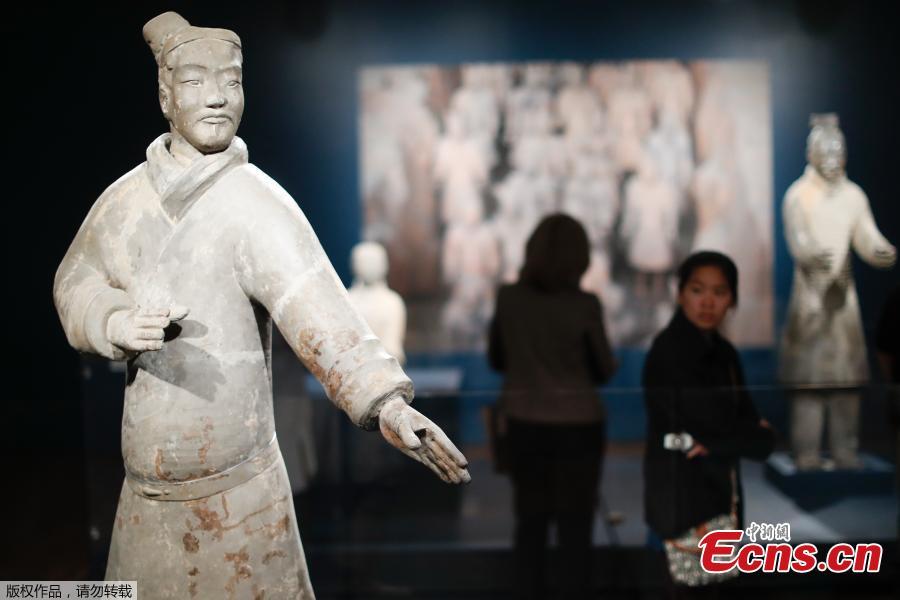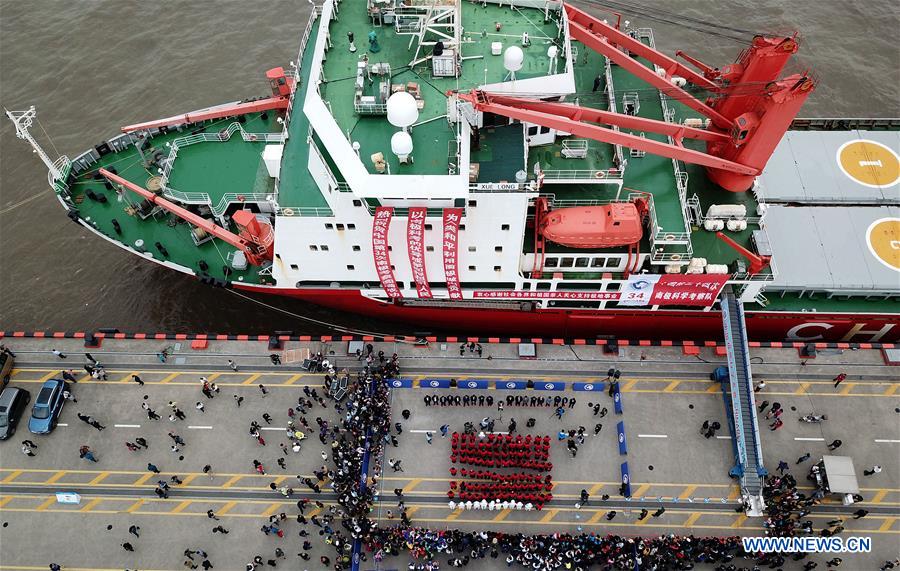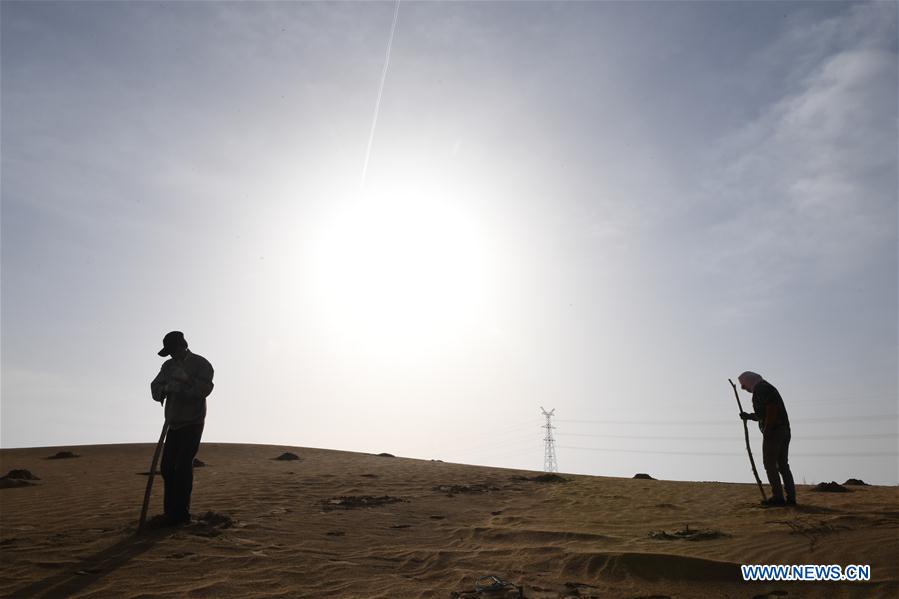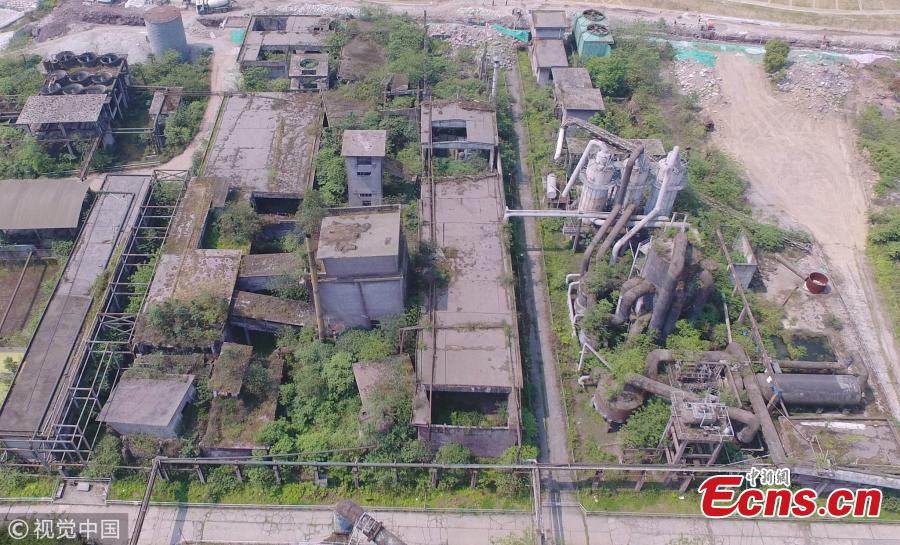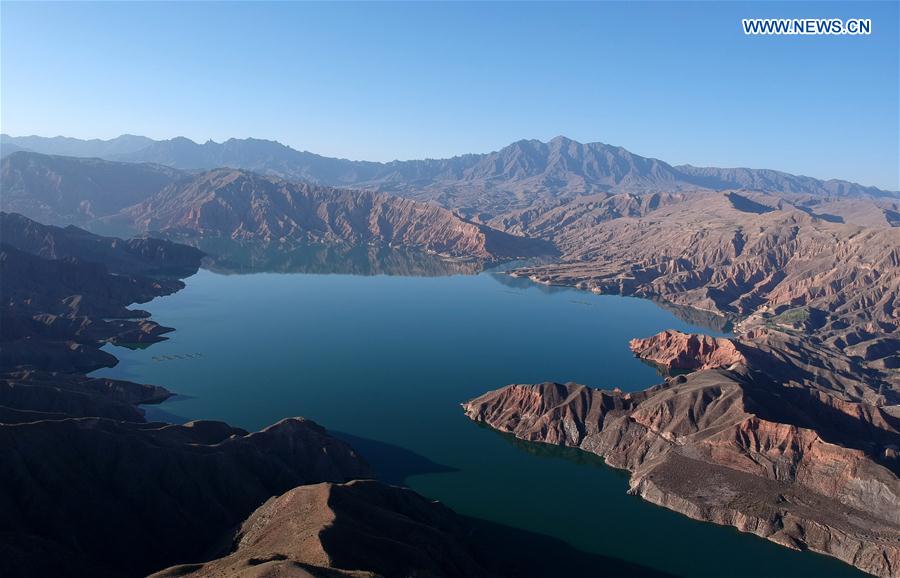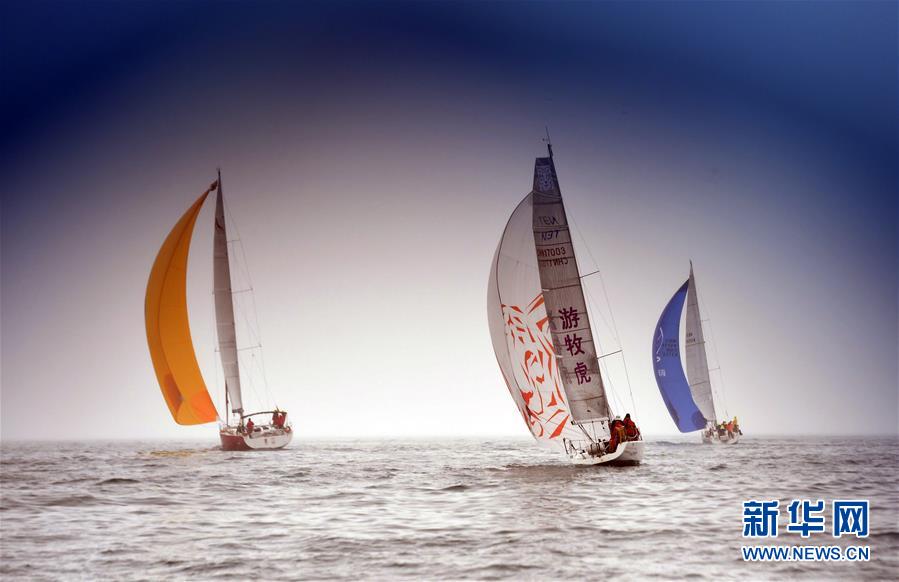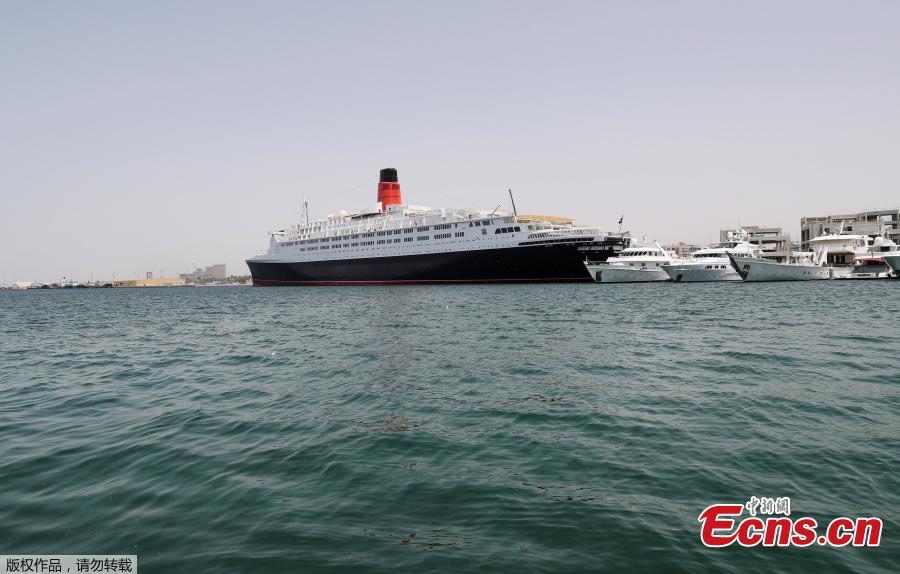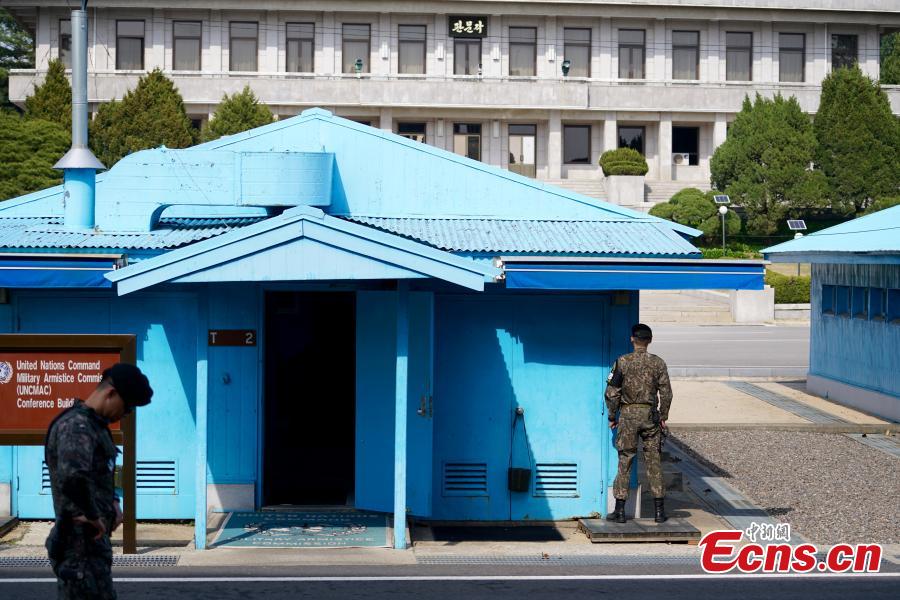
Moviegoers read film synopses on a wall display at a cinema in Nankai district, Tianjin. China's entertainment industry will see customized insurance products. (Photo provided to China Daily)
Global insurance company Allianz announced recently that it will expand its entertainment insurance business to the Chinese mainland and Hong Kong, in a bid to fill a void in the region's booming film and performance industry.
The company is said to have provided insurance to about 50 percent of Hollywood blockbusters such as the James Bond movies and the Fast and Furious series of films, to ensure their production is completed without a hitch despite possible emergencies, according to Allianz.
Paul Walker, who played the lead character in Fast and Furious 7 died during the shoot. Allianz covered additional expenses relating to reshoot of some scenes.
In late March, the company launched new insurance products to cover new film and television productions and event cancellations in Asian markets.
The products are now available in the mainland and Hong Kong. They compensate for possible damages to actors, equipment, decorations, costumes and other emergencies that may increase the cost, the company said.
"Asia shows a great demand for entertainment insurance due to the growing number of live events as well as a growing interest of Chinese investors in Hollywood," said Michael Furtschegger, who leads the global entertainment business of Allianz.
He was referring to Chinese conglomerate Dalian Wanda Group that acquired US-based Legendary Pictures in 2016. Domestic internet giant Alibaba Group also announced it would cooperate with Steven Spielberg in film production, distribution and investment.
After the United States, China is the world's second-largest film market, four times bigger than the third-placed Japan, according to the Motion Picture Association of America.
From January to March, China's cinema box office revenue grew 39.82 percent year-on-year to more than 20.2 billion yuan ($3.25 billion), which broke the record for the single-quarter revenue worldwide, data from the regulator showed.
In 2017, the revenue reached more than 55.9 billion yuan, up 13.45 percent year-on-year, compared with about 17 billion yuan back in 2012.
However, despite the rapid development of the industry, domestic entertainment insurance is still lagging that in other developed countries. Such insurance often aims to avoid potential risks in film production, including financing, shooting, postproduction and exhibition, industry insiders said.
"Film industry requires big investments on assets. Its long production and release schedules create huge uncertainty for both investors and producers," said Wang De, vice-president of China's major property insurer PICC P&C, in an interview to Xinhua News Agency. "It's not rare to see unfinished movies due to lack of money."
Wu Jing, director of China's military-themed movie Wolf Warrior 2, whose box office receipts hit 5.6 billion yuan last year, once said he had to raise money for additional medical and production expenses that were required after his colleagues were bitten by spiders. During shoots in African slums where robberies are commonplace, Wu and his team incurred losses.
According to the Film Industry Promotion Law enacted in March 2017, China encourages insurance companies to develop products that can support the development of the film industry.
It also encourages financial security instruments that can provide guarantees and cooperation with insurers, to spread risk in film production.
In June 2017, PICC P&C and Film Finances Inc, a US company, launched the first so-called completion guarantee-insurance that guarantees a film or TV opera can be completed within limited time and budget.
Further development of entertainment insurance products is likely as there is no such category in the domestic market yet, said Hao Yansu, director of the school of insurance at the Central University of Finance and Economics in Beijing.
"We've construction and property insurance, public liability insurance and personal accident insurance for entertainment venues, but it's not a separate section and there is no data to study," he said. "Compared with the vast space waiting to be explored in mainstream property insurance products, entertainment insurance is still a small business."









